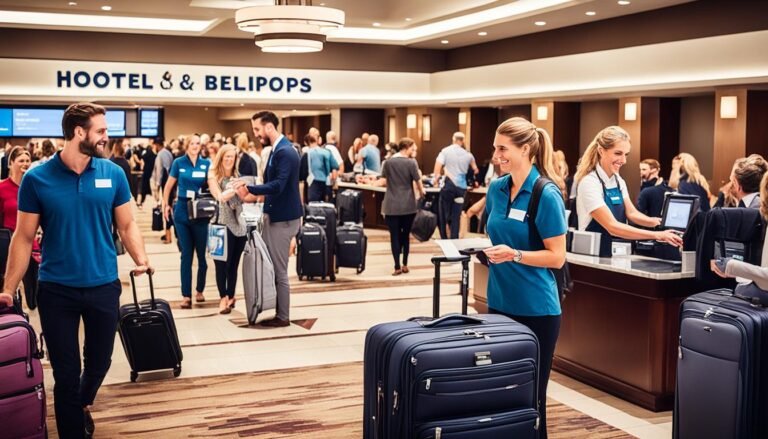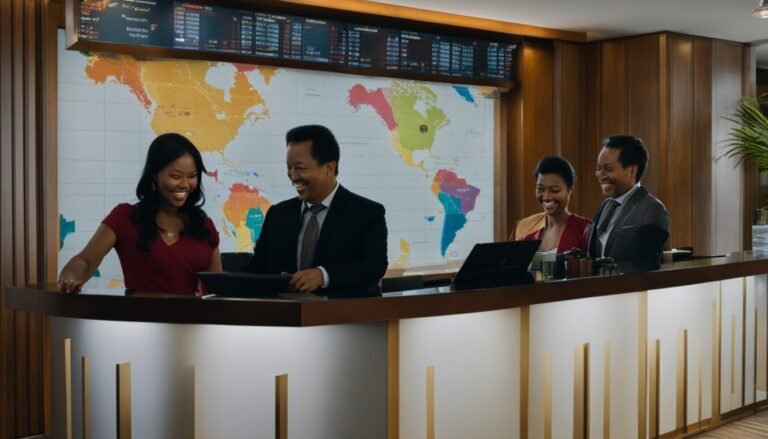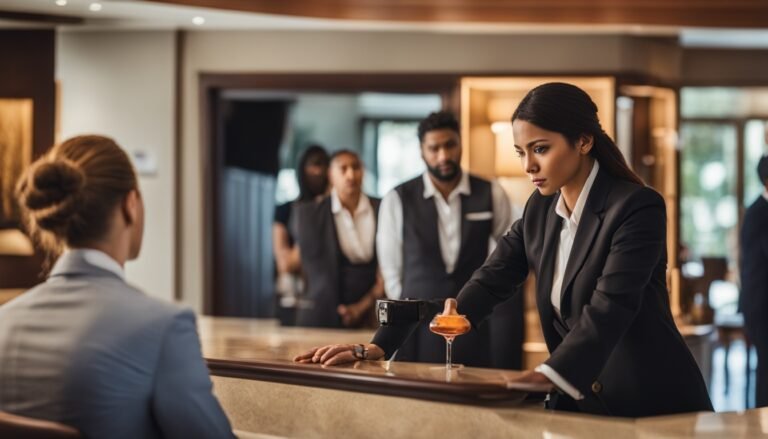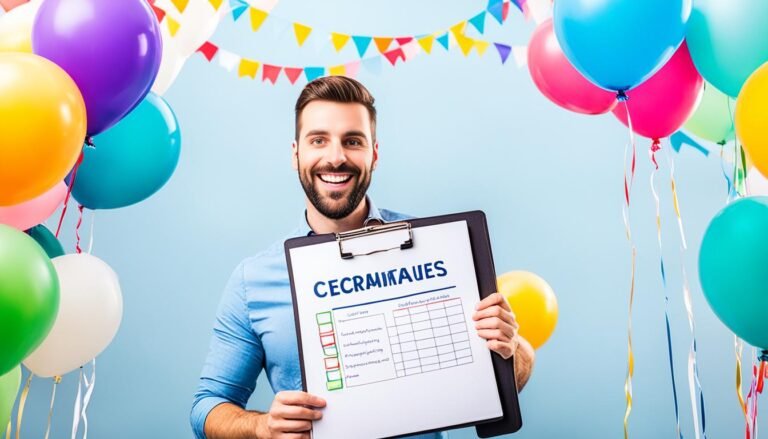Revitalizing the Hospitality Experience: Innovative Training Approaches for Staff
Facing challenges in the hospitality industry is inevitable, especially when it comes to providing excellent service while keeping up with evolving standards. It’s no secret that guests today expect more than just a warm smile—they crave an experience that feels both personal and seamless.
In Tennessee, where tourism and hospitality are thriving, training staff to meet these high expectations is crucial. But how do you ensure your team is ready to deliver top-tier service every day? The answer lies in rethinking traditional methods and embracing new, more engaging ways to train your staff.
In the following sections, we’ll explore how businesses can modernize their training programs and create a team that excels in both skill and hospitality.
Understanding the Need for Innovation in Staff Training
As customer expectations evolve, so must the training methods used within the hospitality industry. Sticking to traditional approaches may no longer be enough to ensure staff can keep up with guest demands. Here’s why embracing innovative training is now essential:
- Shifting Customer Expectations: Modern guests expect personalized, seamless experiences. Staff need advanced hospitality skills to handle complex requests and create memorable moments.
- Advancements in Technology: Staff training must include technology usage for new solutions like mobile check-ins and smart room services.
- Enhancing Engagement: New training methods, like gamification and interactive e-learning, increase engagement and knowledge retention among staff, making the learning process more enjoyable and impactful.
Promoting Continuous Learning and Development
Continuous learning is crucial for building a strong hospitality team. Training programs tailored to different learning styles encourage active employee engagement. Mentorship programs pair experienced staff with new hires to transfer knowledge and improve team cohesion.
Online learning offers a flexible way for staff to stay updated with industry standards. For example, a good Online ABC class TN provides bartenders with essential skills and certifications needed for responsible service. Platforms like these are ideal for busy staff members, as they can complete training at their own pace.
To maintain momentum, recognize and reward employees who engage in learning and development. Offering career advancement opportunities and acknowledging staff who excel in training boosts motivation and retention, helping to build a dynamic team.
Embracing Technology in Training
Incorporating technology into staff training is becoming essential for modern hospitality businesses. Virtual Reality (VR) and Augmented Reality (AR) allow employees to experience realistic scenarios without actual risk, making it easier to understand and adapt to real-life situations. For instance, VR can simulate front-desk interactions or emergency responses, helping staff refine their skills in a controlled environment.
E-learning platforms offer flexible training accessible through smartphones or tablets, making it convenient for employees with busy schedules. Interactive modules, quizzes, and gamified content keep learners engaged while reinforcing key concepts. Mobile learning enables staff to access training materials on the go, ensuring they stay updated on the latest industry standards.
Microlearning techniques, such as short videos or quick-read articles, allow for quick yet effective learning. This approach fits into daily work schedules, making it easier for employees to absorb new information without feeling overwhelmed
Developing Soft Skills for Customer Satisfaction
In the hospitality industry, soft skills like empathy, effective communication, and adaptability are crucial for delivering a satisfying customer experience. These skills impact guest interactions and help staff handle various situations gracefully.
Training methods like role-playing exercises can help staff refine their communication abilities and build confidence to offer top-notch service, even in high-pressure situations.
Here are some essential soft skills for hospitality staff:
- Active Listening: Helps understand guest needs clearly.
- Empathy: Creates a sense of care and personal connection.
- Conflict Resolution: Ensures issues are addressed calmly and effectively.
- Cultural Competency: Promotes understanding and respect for guests from diverse backgrounds.
- Adaptability: Prepares staff to handle unexpected changes or challenges smoothly.
Investing in soft skills development not only enhances customer satisfaction but also boosts staff morale. Employees who feel confident in their ability to communicate are likely to be more engaged, improving overall workplace dynamics.
Leveraging Feedback for Continuous Improvement
Guest feedback offers invaluable insights into service quality. Integrating feedback into training programs helps identify areas for improvement. Whether it’s addressing slower service at busy times or enhancing room cleanliness, feedback-driven adjustments lead to more efficient training.
Encouraging self-assessment and peer reviews among staff fosters accountability, collaboration, and a culture of growth and openness.
Enhancing Staff Well-Being Through Training
In the hospitality industry, stress management training and support for staff well-being are essential for handling high-pressure situations and improving job satisfaction and performance. Implementing policies for flexible shifts, paid time off, and regular breaks can prevent burnout
and boost morale.
Final Thought
Revitalizing the hospitality experience starts with investing in innovative staff training, embracing technology, and prioritizing employee well-being to cultivate a skilled, adaptable, and motivated team. This approach helps hospitality establishments deliver exceptional guest experiences and stay ahead in a competitive market.







